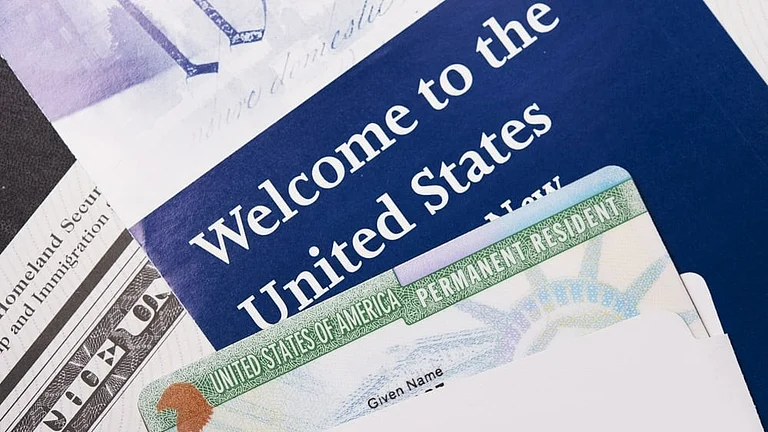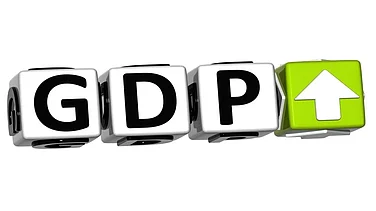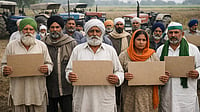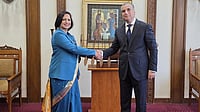Nobel-winning economist Paul Krugman said that the India-US trade deal will significantly not impact either of the countries during an interview with CNBC-TV18. He also warned against a recession triggered by US President Donald Trump's policies.
Krugman noted that Washington is neither the largest trading partner of New Delhi, nor are the two countries each other's neighbours. Hence, they will not benefit significantly from a trade deal, he said. However, India may be able to offer some concessions to the US in terms of lower tariffs.
During the interview on Tuesday, Krugman also said that even after Trump's 90-day pause on reciprocal tariffs, there is a 50% chance of a recession. He also sees 'little or no growth' for the US, along with high unemployment and inflation and a 'certain' economic slowdown, along with stagflation this year.
Paul Krugman warned, “The risks are real, the slowdown is here, and we may be heading toward something far worse than just a soft patch.” He added, “Slower growth is certain. For 2025, I see little or no GDP growth, rising unemployment, and persistent inflation.”
"The impact of Trump’s trade actions will begin hitting consumers within weeks, with a clear bump-up in prices already in motion. The inflationary impact is coming,” Krugman stated.
He pointed out that while tariffs get the headlines, the deeper damage is being done by the policy uncertainty gripping US businesses. “It’s not just the tariffs—many companies have pulled back on expansion plans simply because they don’t know what’s coming next,” he said.
India-US Trade Negotiations
An Indian delegation led by Commerce Minister Piyush Goyal is negotiating the terms of a three-stage trade deal with the US, according to Bloomberg. It was also reported that both parties are expected to reach an interim agreement before July, just before Trump's 90-day pause expires.
India was one of the very first countries to begin trade negotiations with the US. Prime Minister Narendra Modi was one of the first world leaders to visit Washington in February and meet Trump. Both leaders agreed to boost trade and work toward concluding the first tranche of the bilateral deal by fall of this year. But expectation is that the it will take place even before that





























